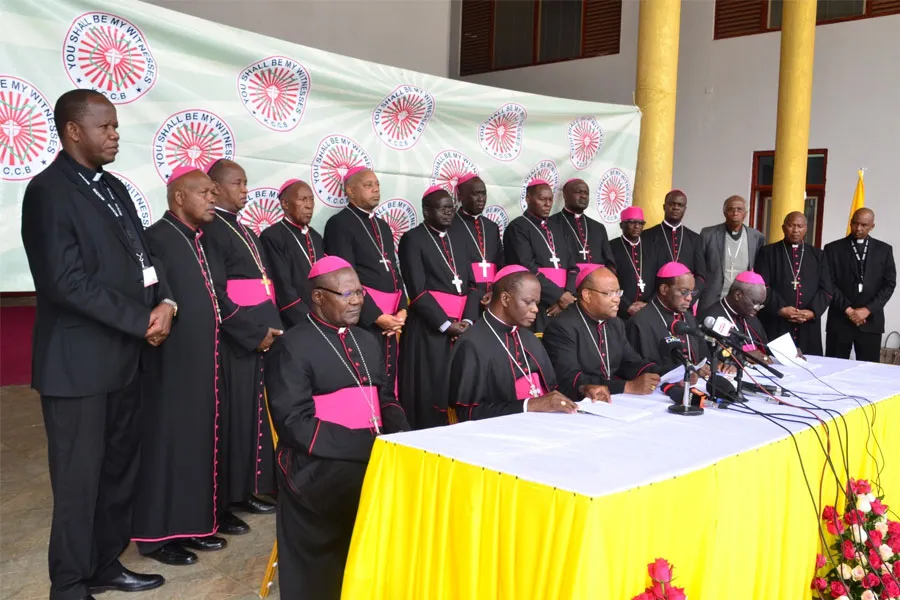Nairobi, 10 November, 2023 / 9:56 pm (ACI Africa).
Members of the Kenya Conference of Catholic Bishops (KCCB) are calling on the government of the East African country to address the high cost of living in the country, noting that over-taxation is “strangling” the poor.
Speaking at the end of their Plenary Assembly which was held at St. Mary’s Pastoral Centre in Nakuru Diocese, the Catholic Bishops also highlighted the plight of the unemployed, the challenges in Kenya’s education system, and the endemic vice of corruption in the country.
“The high cost of living has deeply affected and shaken the social fabric of Kenyan society. It is especially strangling the very poor in their modest needs,” the Bishops said at the end of their plenary on Friday, November 10.
According to the KCCB members, families in Kenya are under “immense stress” as they struggle to make ends meet.
“Parents find it challenging to provide for their children's education, healthcare, and overall well-being. This situation is perpetuating a cycle of poverty, limiting opportunities for personal and societal growth,” they said.








